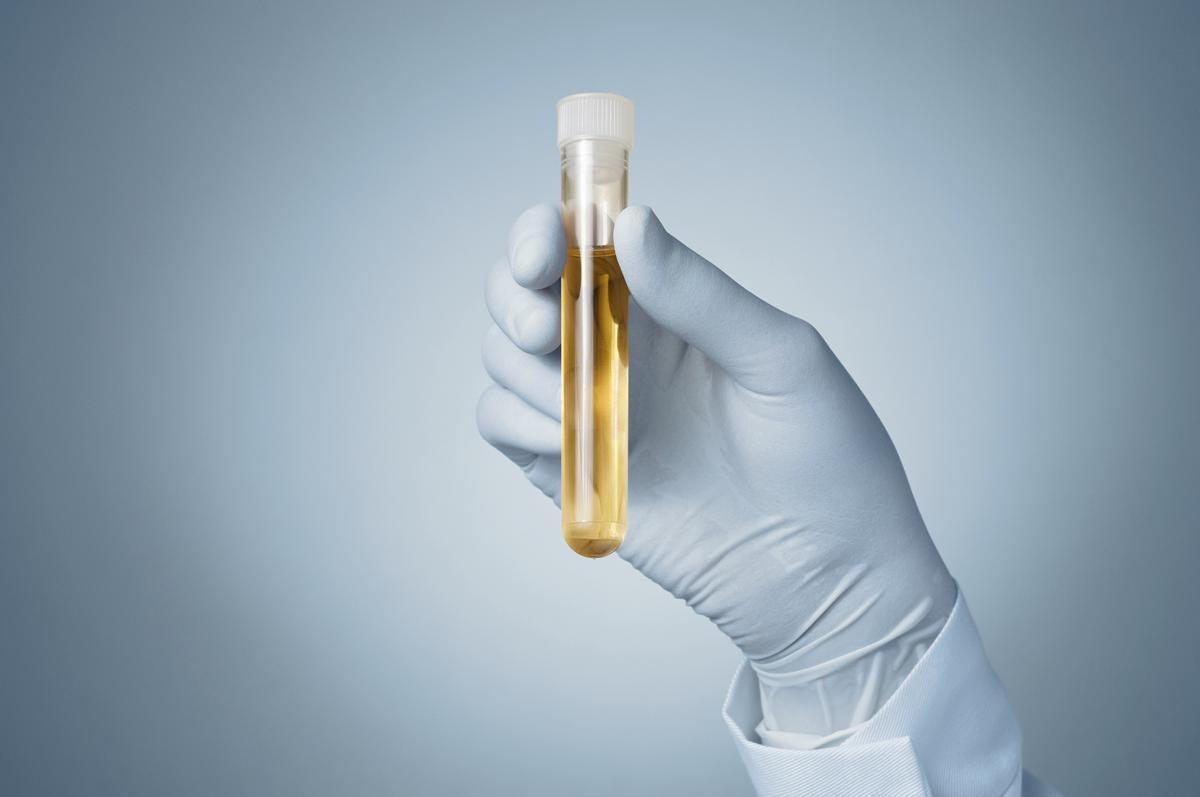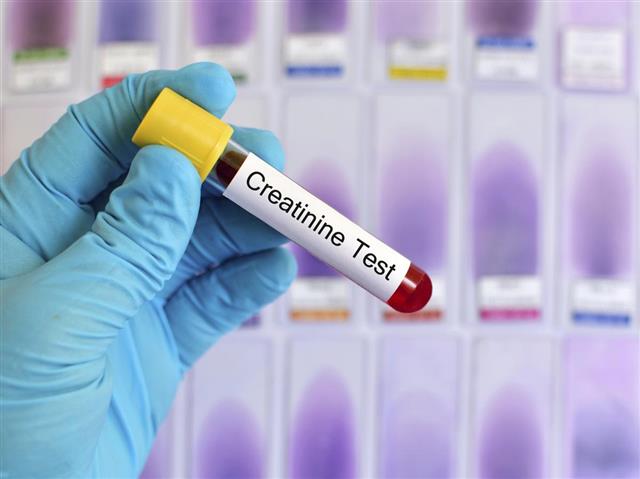
Albumin creatinine ratio is a test that is done to check whether the kidneys are functioning properly or not. Scroll down to learn about the normal ACR levels.
Albumin creatinine ratio (ACR) is a ratio that is measured to gage the level of functioning of the kidneys. This is an important ratio which helps to understand whether or not the kidneys have a pathology. However, first we should try to understand what exactly are albumin and creatinine.
- Albumin is a protein that is found in the body. In fact, it is the most abundant protein in human blood plasma. This protein is produced in the liver and constitutes around half of the total blood serum protein.
- Creatinine on the other hand is a break-down product of creatine phosphate in muscle. This is a breakdown product that is produced by the body and is mostly filtered out of the blood by the kidneys. This is because there is almost no tubular reabsorption of creatinine into the body from the kidneys during urine formation.
Given below are details about ACR and its significance.
ACR Levels
This ratio helps to compare the amount of albumin that is passing into the urine from the kidneys compared to the amount of creatinine present. Although one can always check for albumin levels in the urine by doing a simple test, the advantage of calculating the ACR is that this ratio remains unaffected by any kind of variation in the concentration in urine.
- The normal ratio of albumin to creatinine is seen to be around less than 30 mg/g of creatinine.
- In men, the level is seen to be less than or equal to 17 mg/g of creatinine.
- Whereas in women, the level is around 25 mg/g of creatinine.
- When there is a high ACR, that is, around 35 – 300 mg/g of creatinine, it is known as microalbuminuria. This means that there is a small amount of albumin in the urine, which indicates that the kidneys may be slightly diseased.
- If the ratio of albumin to creatinine is more than 300 mg/g of creatinine, the condition is known as macroalbuminuria, which means, there is a large amount of albumin in the urine. This means that there is a kidney disease which is severely affecting the normal functioning of kidneys and if not treated in time, could lead to kidney failure.
- When the ACR is more than or equal to 30 mg/mmol or albumin density is higher than or equal to 200 mg/l, then it is known as proteinuria.
Significance of ACR
When a person suffers from a kidney disease, then two important factors that help in confirming the diagnosis are the urine albumin level and the glomerular filtration rate. The reason why ACR is an important test to check for a kidney disease is that usually, during the process of urine formation, the glomerulus structure is such that it does not allow passage of large molecules like albumin and blood cells. However, when there is a kidney infection, then the structure of the glomerulus is destroyed, due to which proteins like albumin pass through freely. This is the factor that helps in diagnosing a kidney disease.
The aforementioned test is highly recommended for patients suffering from type 1 diabetes for five years or more or type 2 diabetes. This helps to assess whether or not there has been any kind of kidney damage due to the high levels of sugar in the blood. This way, one can try to prevent diabetic nephropathy, a severe complication where there is angiopathy of capillaries in the glomeruli of the kidneys due to long-standing diabetes mellitus.



